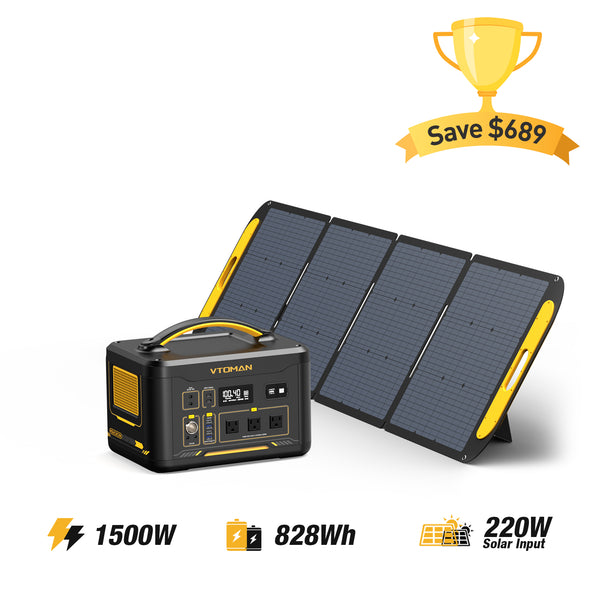In recent years, the off-grid lifestyle has gained popularity among those seeking independence from traditional energy sources. This lifestyle not only promotes sustainability but also offers a unique way to connect with nature. If you are considering this transition, understanding the essential components is crucial.

Understanding the Off-Grid Lifestyle
The off-grid lifestyle refers to living without reliance on public utilities, particularly electricity and water. Many individuals and families choose this path to reduce their carbon footprint and embrace self-sufficiency. But what does it truly mean to live off the grid? It involves generating your own energy, sourcing your own water, and often growing your own food. This lifestyle can be both rewarding and challenging, requiring careful planning and commitment.
Key Components of an Off-Grid Lifestyle
Transitioning to an off-grid lifestyle involves several key components:
- Energy Generation: Solar panels, wind turbines, and hydroelectric systems are popular choices for generating renewable energy.
- Water Supply: Rainwater harvesting and well drilling are common methods to secure a reliable water source.
- Waste Management: Composting toilets and greywater systems help manage waste sustainably.
- Food Production: Gardening and permaculture practices can provide fresh produce year-round.
Planning Your Transition
Before making the leap into an off-grid lifestyle, thorough planning is essential. Start by assessing your current energy and water needs. How much energy do you consume daily? What are your water usage habits? Understanding these factors will help you design a system that meets your requirements.
Additionally, consider the location of your off-grid home. Is it accessible? Does it have ample sunlight for solar panels? These questions will guide your decision-making process. If you are unsure about the feasibility of living off the grid, you might want to test the waters by spending weekends in an off-grid cabin or RV.
Challenges and Rewards of Off-Grid Living
While the off-grid lifestyle offers numerous benefits, it is not without its challenges. You may encounter issues such as energy shortages during cloudy days or difficulties in sourcing water. However, overcoming these obstacles can lead to a profound sense of accomplishment and connection to your environment.
Moreover, living off the grid can significantly reduce your living expenses. By generating your own energy and growing your own food, you can minimize monthly bills and increase your financial independence. This lifestyle also fosters a deeper appreciation for nature and a more sustainable way of living.
Conclusion
Transitioning to an off-grid lifestyle is a journey that requires careful consideration and planning. By understanding the key components, addressing potential challenges, and embracing the rewards, you can create a fulfilling life that aligns with your values. Whether you are seeking sustainability, independence, or a closer connection to nature, the off-grid lifestyle may be the perfect path for you.








